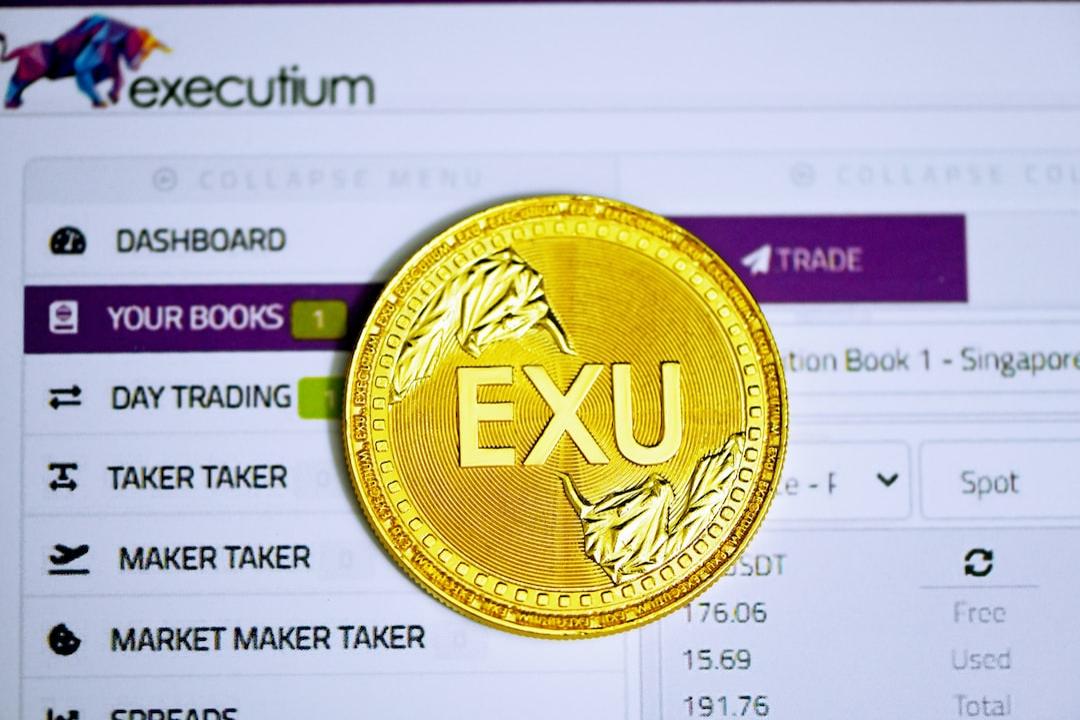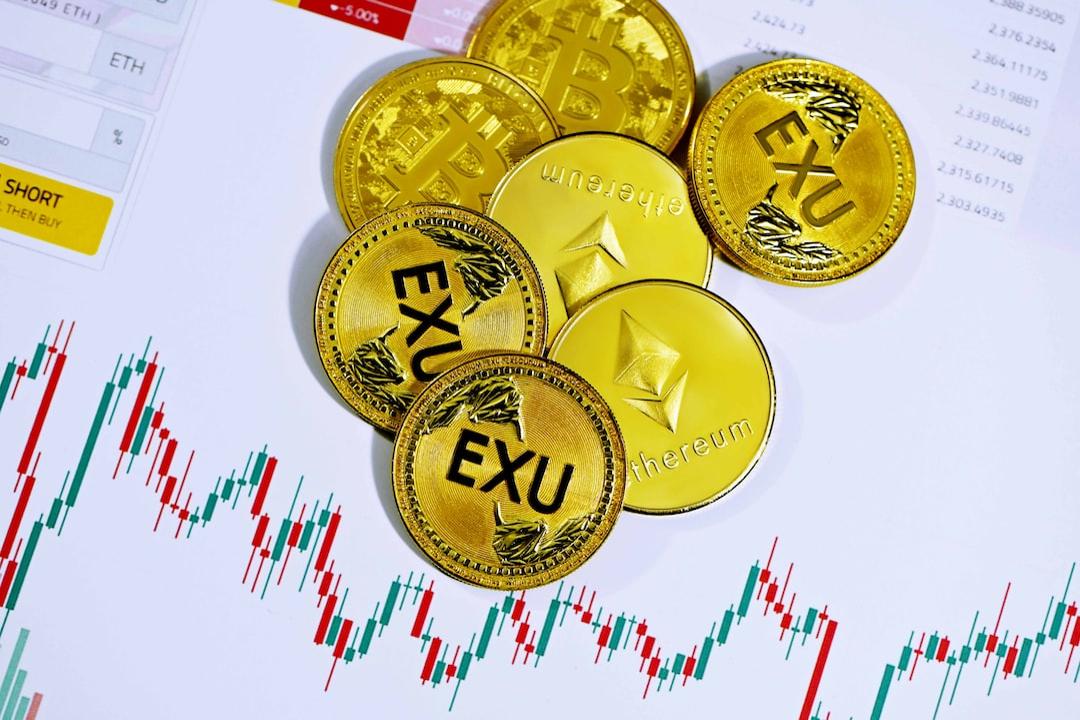Nearly 70% of institutional investors holding Ethereum (
ETH
) are engaged in staking, with 52.6% of them holding liquid staking tokens (LSTs), according to a Blockworks Research
report
.
Nearly half of institutional investors staking ETH prefer to use only one integrated platform, such as
Coinbase
and
Binance
. Meanwhile, 60.6% of the survey participants also utilize third-party staking platforms.
According to the report, one out of five institutional investors surveyed had over 60% of their portfolio allocated to Ethereum or an ETH-based LST. The survey included exchanges, custodians, investment firms, asset managers, wallet providers, and banks.
The report revealed that the key traits taken into consideration by respondents when choosing a staking provider were reputation, range of networks supported, price, simple onboarding, competitive costs, and expertise and scalability.
Liquidity and security were also deemed the most important features for institutional investors when deciding whether staking is a viable option. On a scale from 1 to 10, liquidity scored an average importance of 8.5, reflecting concerns about exiting large LST positions if necessary.
Meanwhile, security scored even higher, with an average importance rating of 9.4, driven by worries over withdrawal efficiency in volatile market conditions. Additionally, 61.1% of respondents indicated they would be willing to pay a premium for enhanced security and fault tolerance.
Geographic location also plays a role, with half of institutional investors considering a validator’s location important when choosing a staking platform.
Rise of liquid staking
The report also highlighted that the rise of third-party staking platforms is driven by the increasing popularity of LSTs. These tokens address the initial issues with ETH staking when users lose their liquidity by locking it to help with network security.
Furthermore, due to their popularity, various DeFi applications have started integrating LST in their services. This has significantly improved liquidity and is one of the key reasons behind 52.6% of institutional investors holding LSTs, according to the report.
The report noted that liquid staking is dominated by
Lido
Protocol and its LST,
stETH
, with 54.5% of respondents involved in liquid staking holding this token.
This concentration creates a dynamic where large LSTs benefit from economies of scale. Greater market participation attracts more operators through higher fee opportunities, which in turn improves security by distributing validation across more operators. However, this also leads to concerns about centralizing validation power in a few protocols — an issue flagged by 78.4% of respondents.
Restaking and distributed validators
Restaking is another emerging trend, with a majority of investors expressing interest in the technology despite several concerns around added risks.
Restaking allows validators to use staked ETH across multiple protocols simultaneously and receive liquid restaking tokens (LRTs) to capture additional yield.
However, it introduces added risks, such as slashing — a penalty that reduces a validator’s staked ETH for malicious behavior. The report also pointed to risks like protocol-level vulnerabilities and the potential for further centralization of validators.
Despite these concerns, 82.9% of respondents were aware of the risks associated with restaking, and 55.9% of institutional investors expressed interest in staking ETH, indicating a favorable outlook for restaking.
Institutional investors view validation power centralization as a risky development, with 65.8% saying they were aware of distributed validator (DV) services.
Mentioned in this article


Ethereum


Lido Staked ETH


Coinbase


Binance


Lido
Posted In:
Ethereum
,
Crypto
,
DeFi
,
Featured
,
Staking
Author


Gino Matos
Reporter at CryptoSlate
Gino Matos is a law school graduate and a seasoned journalist with six years of experience in the crypto industry. His expertise primarily focuses on the Brazilian blockchain ecosystem and developments in decentralized finance (DeFi).
@pelimatos
LinkedIn
Email Gino
Editor
Editor
Assad Jafri
Editor & Reporter at CryptoSlate
AJ, a passionate journalist since Yemen’s 2011 Arab Spring, has honed his skills worldwide for over a decade. Specializing in financial journalism, he now focuses on crypto reporting.
@Saajthebard
LinkedIn
Email Editor

Ad


CryptoSlate on Substack
cryptoslate.substack.com
Your daily dose of must-have crypto news and deep dives. Direct to your inbox.
Join 90k+ subscribers
Latest
Ethereum
Stories


North Korea links suspected in $5 million breach of Tapioca DAO
Hacks
1 hour ago
Blockchain security firms have estimated that losses from the attack might be much more.


Eigenlayer X account hacked taking advantage of platform design to hide scam link
Crime
8 hours ago
Sophisticated phishing tactics on Eigenlayer X account urge users to verify links before engaging.


Vitalik Buterin’s ‘Surge’ plan aims for exponential Ethereum growth with 100,000 TPS
Crypto
1 day ago
Buterin emphasized the need for Ethereum layer-2s to feel like one “unified” ecosystem by improving their interoperability.


Bitcoin’s latest rally indicates investors primed for surge toward $80K before elections – Bitwise CIO
Crypto
3 days ago
Hougan said Bitcoin’s latest rally following Harris’ comments shows that even the slightest hint of regulatory clarity will spur investor optimism.
Latest Press Releases
View All


Mc Pitbull Launches MCPB Meme Coin with Innovative MEMconomy and MEMketing Approaches
Chainwire
2 hours ago


Pell Network Secures $3M Funding to Build Omnichain DVS Network
Chainwire
6 hours ago


Talisman Brings More Users and Liquidity to Polkadot with Cross-Chain Swaps
Chainwire
6 hours ago
Disclaimer:
Our writers’ opinions are solely their own and do not reflect the opinion of CryptoSlate. None of the information you read on CryptoSlate should be taken as investment advice, nor does CryptoSlate endorse any project that may be mentioned or linked to in this article. Buying and trading cryptocurrencies should be considered a high-risk activity. Please do your own due diligence before taking any action related to content within this article. Finally, CryptoSlate takes no responsibility should you lose money trading cryptocurrencies.


